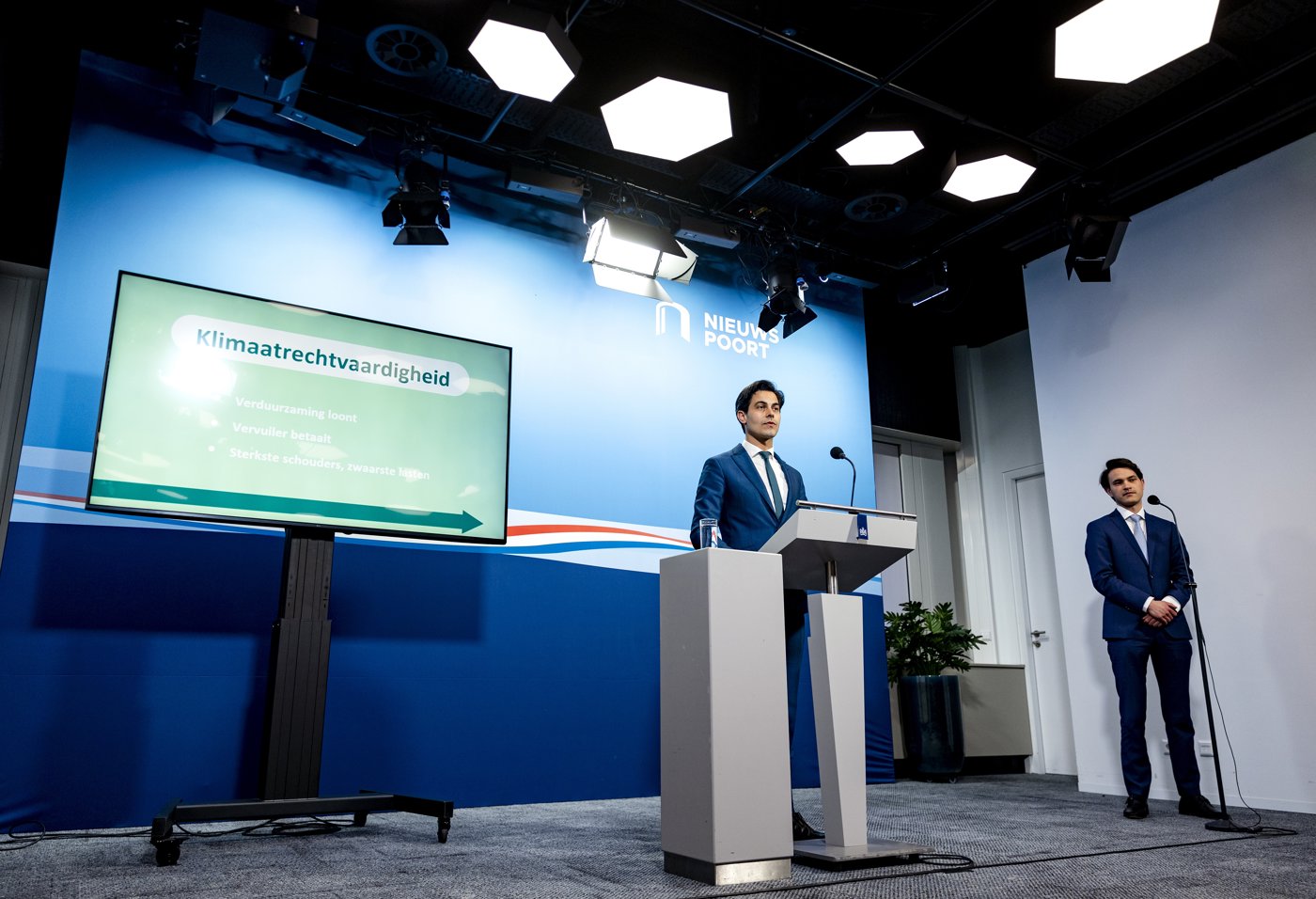Current issues related to economy, (responsible) investment, pension and income: every week an APG expert gives a clear answer to the question of the week. This time: Thijs Knaap, chief economist at APG, on whether our country’s business climate is under pressure.
When it comes to competitiveness, the Netherlands still scores high in international rankings. However, these rankings are based on historical data, argues VNO-NCW president Ingrid Thijssen in an opinion piece in De Volkskrant and a letter to the House of Representatives. In it she expresses her concerns about the future of the Dutch business climate just as our country is gearing up for the fundamental transition to a new, sustainable economy. Earlier, Boskalis’ top executive threatened that the dredging company would leave the Netherlands if parliament passed the Responsible and Sustainable International Business Act. Is the business community’s criticism justified and is it true that the business climate here is under pressure?
Hurdles
To answer this question, Knaap cites the framework by which APG, as an institutional investor, determines whether or not to invest in a country. He says this involves three questions. “In a nutshell, the first question is economic in nature: is there money to be made? Suppose you want to open a factory, for example, you want to know what raw materials are available and whether the labor force is well-trained. The second question is about who has the power. If you invest in something, you want certainty in advance about the political climate, taxes and regulations. And then there is question three: how much does it cost to open or invest in a business somewhere?”
The first two questions, about economic conditions and who has the power, are reflected in VNO-NCW’s letter, Knaap observes. “It talks about the infrastructure, the level of education of young people and the regulatory pressure from the government, among other things. But what they don’t mention is the cost of establishing a business here. That is a change though, because previously, the employers’ lobby always pushed for wage restraint. That resulted in many companies moving here in the 1980s and 1990s. Now the wind seems to be blowing from a different direction, and the employers’ organization is arguing that we should focus on knowledge, innovation and infrastructure, among other things. The fact that the issue of cost is not mentioned is also not that surprising. There is a record shortage in the labor market, so it makes sense to focus on how people can work as efficiently as possible and pay less attention to (wage) costs. It does say something about what hurdles currently need to be overcome in the Netherlands.”
